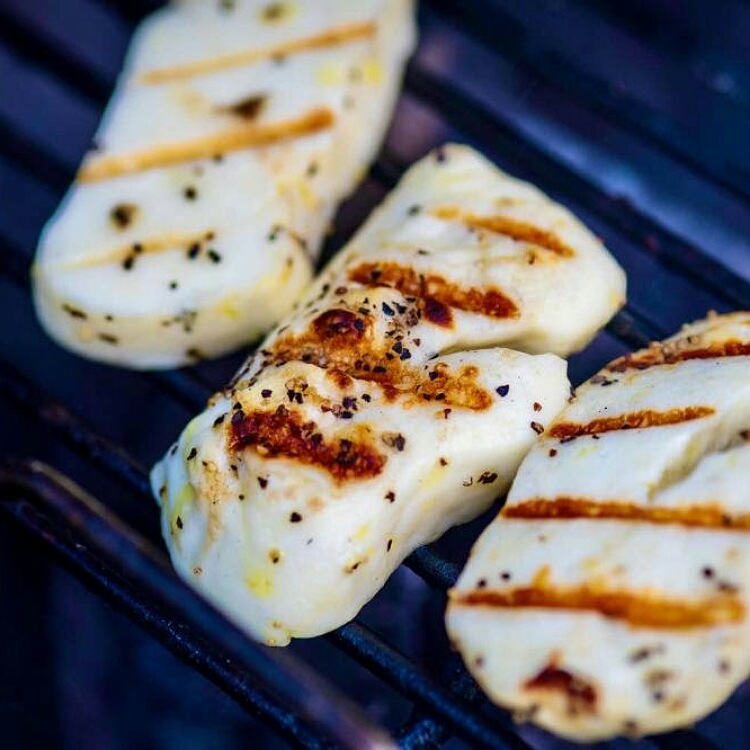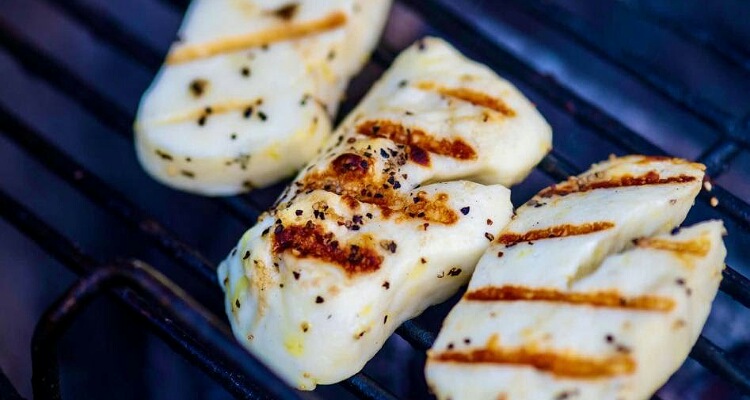Halloumi! Have you heard of this word? MacDonald’s will soon be serving Halloumi fries at its outlets. More on this upcoming food on the menu of MacDonald’s is below!
Halloumi fries!
MacDonald’s would soon be serving Halloumi fries at its innumerable outlets in the UK. It will be part of their Taste of Spain and Cyprus menu. But what is halloumi? Nutritionist Sasha Watkins explains:
“Halloumi is a traditional cheese of Cyprus, which has been produced there for hundreds of years, and is gaining popularity in the UK,”
“It is made from a mix of goats, sheep or cows’ milk and is firm and chewy in texture. It can be grilled, fried or baked, and when heated becomes squidgy but crispy on the outside.”

Nutritional value and health benefits of Halloumi
Most of the serving size is 30 g. Ellie Bain, dietitian states:
“On most packs of halloumi, the recommended serving size is only 30g (so is the nutritional value), which is good to bear in mind when cooking.”
30g of this unique cheese from Spain and Cyprus has 94 calories, 7.4 g of fats, 0.2 g of carbs, 0.2 g of sugars, and 6.6 g of proteins. Salt is 0.9 g. Out of the fat content, 5.1 g is saturated fats.
Therefore, halloumi has high protein and fat content. Additionally, it also has high sodium in it. The high salt could be a disadvantage.
This cheese has a good amount of calories and can fight fatigue fast. It boosts energy. It is loaded with proteins. Sasha says:
“Halloumi is high in protein (to help you maintain and grow your lean muscle mass), contains calcium (for healthy bones and teeth), phosphorus (for bone health), zinc (for cognitive, immune and fertility functions), iodine (for thyroid and cognitive function) and vitamin A (to support your immunity, vision and skin),”
“It is also a source of several B vitamins – Folic Acid, B12 and B2 – which are known to support psychological function and combat fatigue and selenium, which is important for immune function and helps combat oxidative stress.”

Thus, it is a good meat substitute for vegetarians.
The disadvantage of halloumi
But the high salt in halloumi makes it unfit for people with high blood pressure. Sasha adds:
“Halloumi is very high in salt, and a portion of 70g contains 2.1g, which is a third of your recommended daily allowance of 6g,”
The expert dietitian continues:
“People with high blood pressure should be especially mindful of their salt intake. It is also high in saturated fat (12g per 70g), which has been linked with ‘bad’ cholesterol levels. It also matters how you prepare the halloumi as adding lots of oil – if frying – will increase the calorie count. I love a small portion grilled and added to a mixed salad of roasted vegetables, quinoa, parsley and lemon juice.”

You can deep-fry, shallow fry, bake or grill them. And the bottom line is to enjoy Halloumi fries but in moderation. People with kidney, heart, or arterial issues should be careful.
